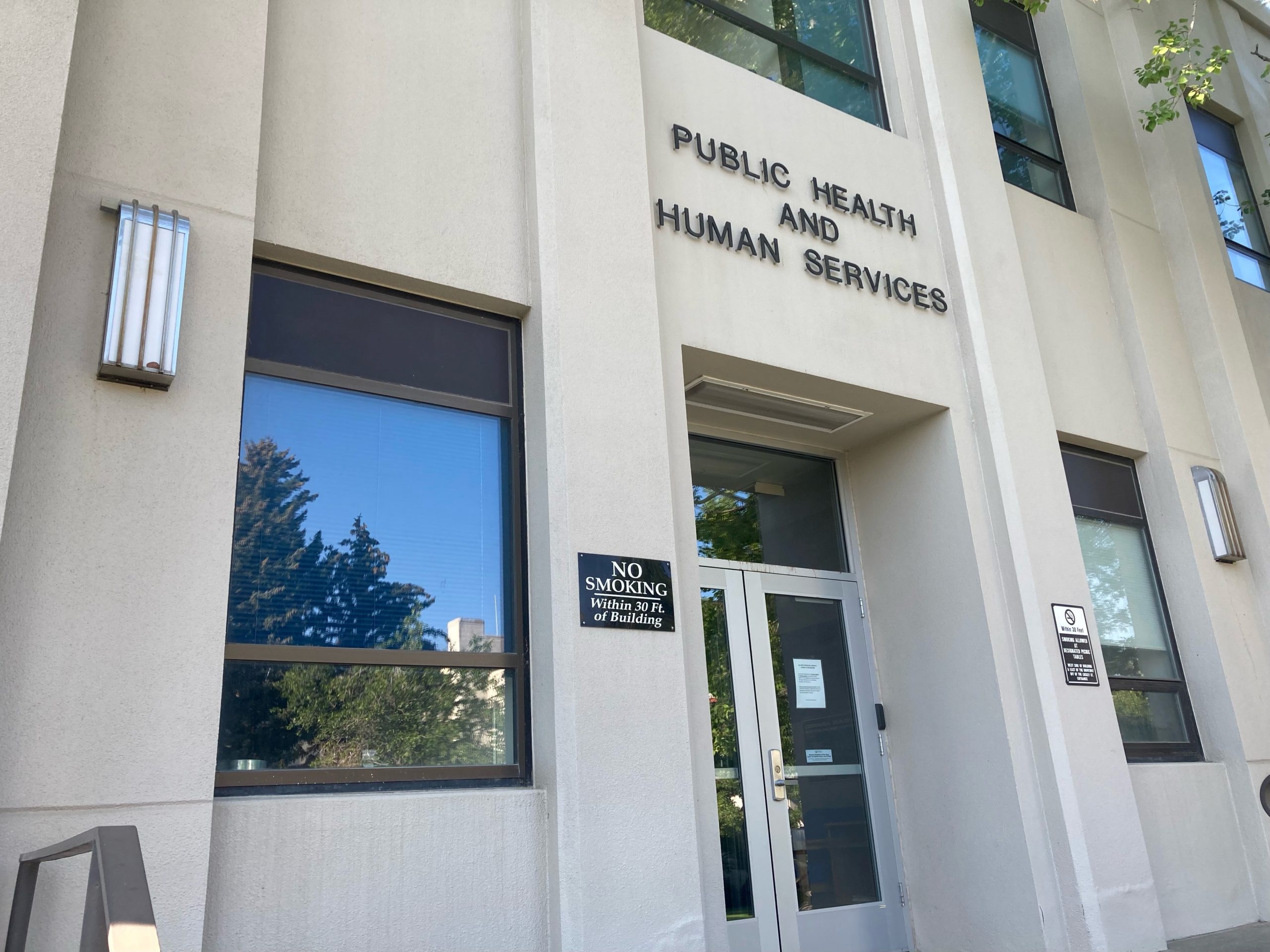Montana Seeks More Religious Exemptions to Vaccination Requirements
The state health department says the administrative rule changes are being proposed because of new laws against religious and vaccination restrictions
By Matt Volz, Kaiser Health News
State health officials want to create a religious exemption from routine vaccinations for kids and staff members in child care facilities and children in certain foster homes.
Under the two proposed administrative rule changes, parents, guardians, and child care staff could submit a notarized affidavit that says being vaccinated against diseases such as polio, measles, and whooping cough goes against their religious beliefs or practices. The child care measure also would delete an existing requirement that unvaccinated kids stay away from a facility if someone there has contracted a disease against which they are not completely immunized.
The state regulations for foster families currently say all children living in a foster home, other than the foster child, must be immunized against 11 diseases unless they have a medical exemption. The proposed change would add a religious exemption to the medical exemption.
Department of Public Health and Human Services officials wrote that the proposals are meant to comply with two state laws passed in 2021. Senate Bill 215, also known as the Montana Religious Freedom Restoration Act, prohibits the state from burdening a person’s right to the exercise of religion. House Bill 702 bans discrimination based on a person’s vaccination status. Department officials said the child care change will align with existing K-12 school rules that already include a religious exemption.
A 2013 study found that most religions, including many Christian denominations, have no theological objection to vaccinations. Those that do include Dutch Reformed congregations and a handful of faith-healing denominations, while others have restrictions on specific vaccine ingredients.
The child care proposal says that smaller and home-based facilities could decide whether to enroll children who are not vaccinated but that they must have a written policy or procedures they can show to parents. Centers that enroll 16 or more kids would not have that option.
The department is taking public comments on the measures until Sept. 2 and will hold a public hearing on Aug. 25 for the child care proposal and Aug. 26 for the foster care measure.
Paula Grassy, whose Helena-based Grassroots Montessori enrolls six preschoolers, said she opposes allowing parents or guardians to refuse to vaccinate children who attend child care because of religious beliefs. “Religion should not play a role in health and safety decisions such as being immunized against serious childhood diseases,” Grassy said.
Cindy Lehnhoff, director of the National Child Care Association, said vaccination exemptions that are “robustly requested and honored” can lower a facility’s overall vaccination rate and put infants and other children not yet fully vaccinated at greater risk.
“Having worked in licensed child care for over 40 years, I know that providers of child care are not for exemptions of any kind that put the health and safety of young children at risk,” Lehnhoff said.
KHN (Kaiser Health News) is a national newsroom that produces in-depth journalism about health issues. Together with Policy Analysis and Polling, KHN is one of the three major operating programs at KFF (Kaiser Family Foundation). KFF is an endowed nonprofit organization providing information on health issues to the nation.